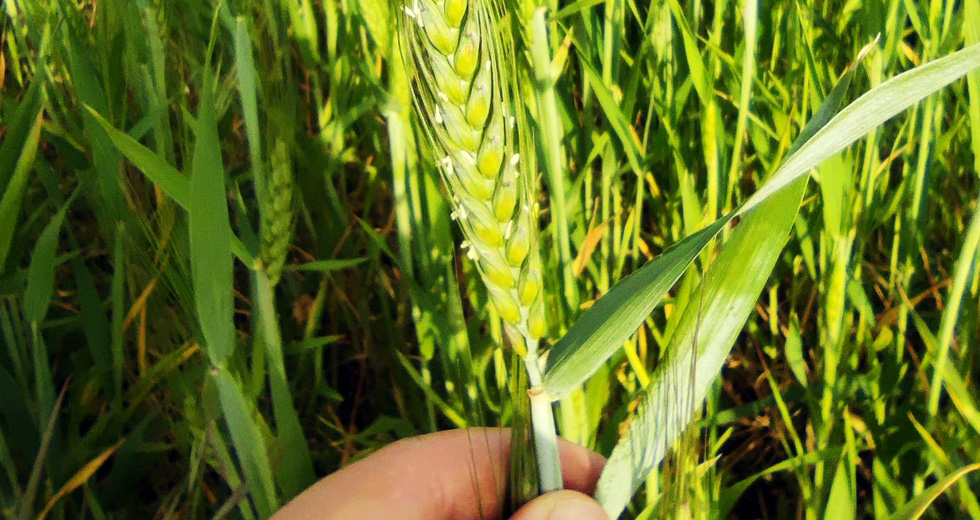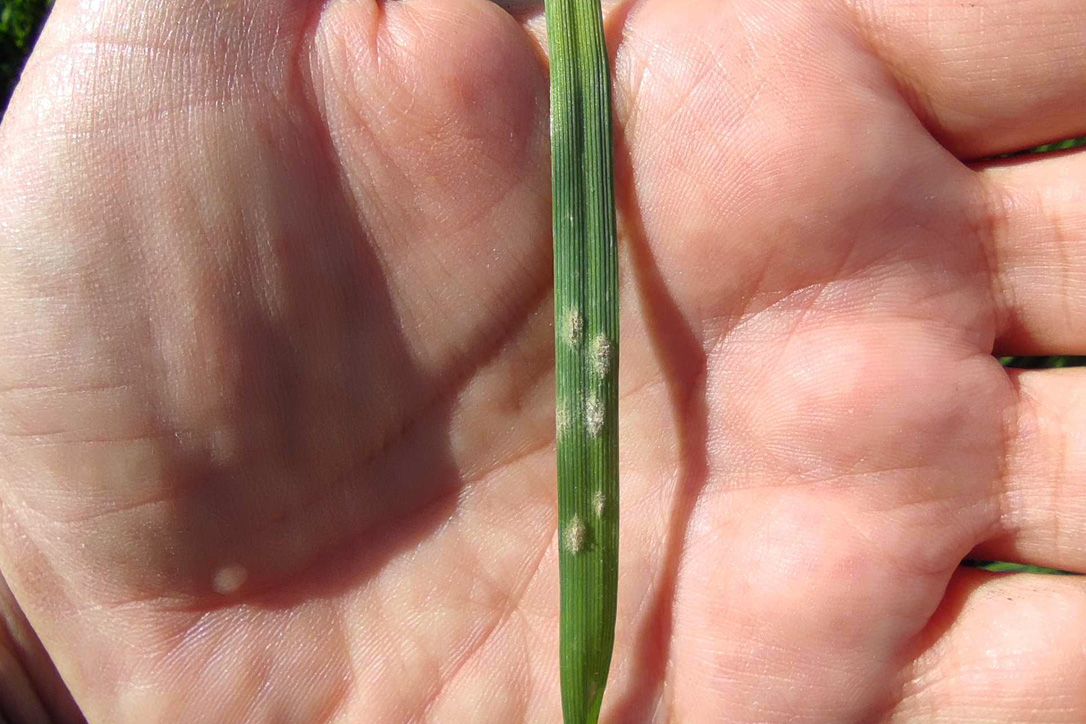Njamito Goes Fairtrade for Cocoa and Vanilla
March 31, 2025Njamito is now Fairtrade certified for cocoa and vanilla! Here’s what that means for farmers, the planet, and the values behind our meal-in-a-bottle.
Read articleOur scouting protocol is underpinned by observation and evaluation required for effective organic agricultural practices.

Usually farmers rely on recommendations from the chemical industry for application of biopesticides. To independently assess whether treatments are needed and how effective they really are, LoginEKO agronomists recommend that farmers undertake systematic scoutings at their fields that are based on a scientific method. In this way, they can independently assess whether treatments are needed and how effective they really are.
Our agronomists have developed a comprehensive and systematic scouting protocol that we use on the LoginEKO farm to make informed decisions, optimizing crop health, as well as understand how efficient is the use of biopesticides, a practice that is still relatively new and needs further understanding. In the future, we plan to enhance this protocol with drone imagery and other advanced technology interventions.
The protocol emphasizes the significance of selecting comparable fields for evaluation (either small grains, or grain legumes). It recommends focusing on fields with the same plant species, subjected to the same treatment, and situated in the same location. The scouting needs to be done in two places (it doesn’t matter which side of a field) – at the perimeter and the entrance of about 30 meters into the field.
A notable aspect of the protocol is the emphasis on clear visual documentation. Rather than relying on the external application for image capture, we use mobile phones to take and share and upload the images into a specialized application that allows for historical data overview. This makes sure that our images are of the right quality and it’s easier for our agronomists to identify insects or pathogens.

The protocol divides disease scouting into pre and post-treatment assessments.
LoginEKO agronomists conduct evaluations one to two days in advance, visually inspecting for diseases.
What they find are one of the two options below:
1– no signs of infection/disease development,
2– symptoms of infection/disease development were observed.
We carry out inspections 7-days after the treatment, focusing on changes in disease development.
What our agronomists are looking out for during post-treatment assessments is the level of infection, which can be:
1– reduced,
2– same as before treatment with no spread to new leaves/pods/ears,
3– increased.

LoginEKO agronomists also carry out insect scouting, both in pre-treatment and post-treatment phases.
During the pre-treatment scouting, they determine insect abundance through visual inspection or by shaking plants. They assess whether harmful insects were observed on plants.
The post-treatment evaluation, on the third day after treatment, aims to assess changes in insect presence. During this scouting, agronomists assess whether the number of harmful insects was:
1– reduced,
2 – not changed,
3 – increased.

Njamito is now Fairtrade certified for cocoa and vanilla! Here’s what that means for farmers, the planet, and the values behind our meal-in-a-bottle.
Read articleIdealism met reality as we launched our meal-in-a-bottle, Njamito. After 100.000 bottles sold, here’s what we learned about organic food and market adaptation.
Read articleWith organic seeds in short supply, we launched our own organic seed production journey to secure sustainable farming practices.
Read article